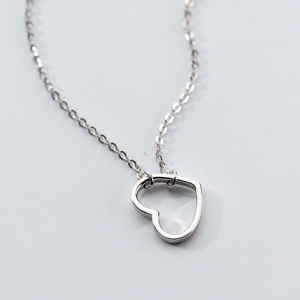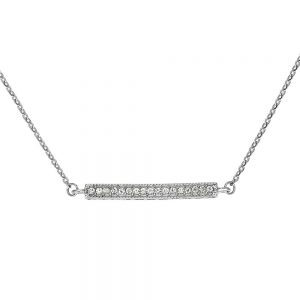Description

Sabr, Shukr, and Tawakkul are important concepts in Islam that hold significant meanings. Here’s a brief explanation of each:
- Sabr: Sabr refers to patience, perseverance, and steadfastness in the face of challenges, difficulties, or hardships. It involves exercising self-control and maintaining a positive attitude, relying on Allah’s guidance and support. It teaches Muslims to remain patient and steadfast in their faith, to endure trials, and to trust in Allah’s wisdom and plan.
- Shukr: Shukr is gratitude or thankfulness towards Allah for His blessings, both apparent and hidden. It involves recognizing and appreciating the favors and bounties bestowed upon us by Allah and expressing gratitude through words, actions, and a grateful heart. Shukr is not only about acknowledging the blessings but also utilizing them in ways that please Allah.
- Tawakkul: Tawakkul is reliance and trust in Allah’s divine will and decree. It means putting one’s trust in Allah completely, understanding that He is the ultimate controller of all affairs and outcomes. Tawakkul does not imply passivity or inaction, but rather it encourages believers to put in their best efforts while having full trust in Allah’s plan. It is a balanced approach that combines human responsibility with trust in Allah’s wisdom and ultimate control over everything.
Here are some meanings associated with Islamic jewelry:
- Firstly, Faith and spirituality: Islamic jewelry often incorporates religious symbols, such as the Shahada (the declaration of faith), the name of Allah, verses from the Quran, or the names of prophets. Wearing Islamic jewelry serves as a reminder of one’s faith, promoting a connection with Allah and a sense of devotion.
- Secondly, Identity and belonging: Islamic jewelry can serve as a visual representation of one’s Muslim identity and affiliation. It can help individuals feel connected to their cultural and religious heritage. Fostering a sense of belonging within the Muslim community.
- Thirdly, Protection and blessings: These may feature symbols like the Hamsa hand (a hand-shaped symbol for protection), the Evil Eye (to ward off negative energies), or the Crescent Moon (a symbol associated with Islam).
Cape Town is a diverse South African city with a vibrant Muslim community. Muslims in Cape Town contribute to the city’s rich cultural fabric, practicing their faith, building mosques, and engaging in community activities. They participate in Ramadan fasting, celebrate Eid festivals, and uphold Islamic values. Cape Town’s Muslim community adds to the city’s multicultural tapestry, fostering interfaith harmony and contributing to its unique identity.







